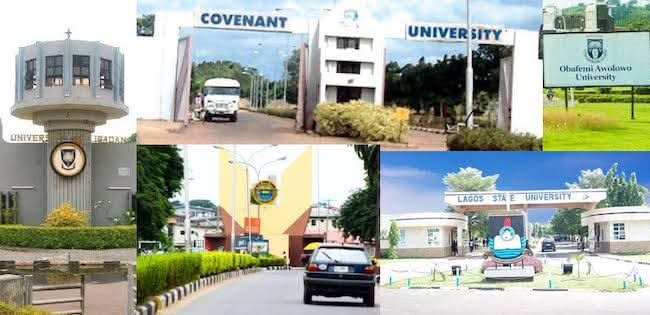In today’s Nigeria, universities and polytechnics are springing up everywhere like mushrooms. Every state, every town, and sometimes every village wants one. On the surface, this looks like progress. But in truth, most of these schools are empty shells. They are underfunded, understaffed, and in many cases, unnecessary. Instead of raising the standard of education, they have watered it down.
This is why the Federal Government’s recent decision to place a seven-year ban on creating new universities, polytechnics, and colleges of education makes sense. Finally, some common sense has prevailed. For years, government after government has played politics with education. They keep approving new schools when the old ones cannot even provide stable electricity, decent classrooms, or modern libraries.
Take the University of Ibadan, Nigeria’s premier university. Last year, it had to reduce electricity supply because it could no longer afford fuel for generators. This is a university that once set the pace for excellence in Africa. If UI cannot survive, what hope is there for the dozens of new universities established in far-flung corners of the country?
The truth is that creating universities has become a political tool. Where governments can no longer create new states, they now create universities to please communities and reward loyalists. It is not about education. It is about contracts, kickbacks, and political gain. In fact, the Education Minister recently revealed that in one northern university, there are 1,200 staff members serving fewer than 800 students. That is not education it is waste.
Private universities are not much better. They may have better facilities, but their fees are far beyond what the average Nigerian can afford. Instead of giving hope to poor families, they shut the door of opportunity in their faces. Education, which should be a ladder out of poverty, is now a privilege for the rich.
The problem is not the number of schools we have, it is the quality. We already have enough universities, polytechnics, and colleges of education. What we need is to make them work. We need to invest in better facilities, hire more qualified teachers, pay lecturers properly, and modernise research and teaching. We need to equip students with skills that match the real world, not just paper degrees that cannot get them jobs.
Nigeria must stop treating universities as political souvenirs. They are not trophies to be planted in every community. They are serious institutions meant to train thinkers, innovators, and nation-builders. Until we focus on quality instead of quantity, our education system will keep producing frustrated graduates and broken dreams.
The way forward is clear, strengthen the schools we already have before talking about new ones. Anything less is just another way of feeding a national illusion.
Adebamiwa Olugbenga Michael writes from Lagos



























